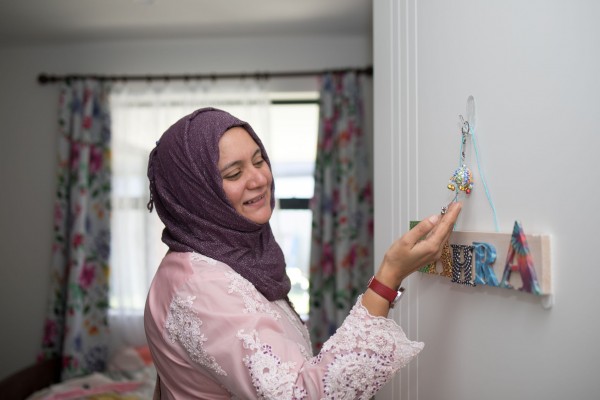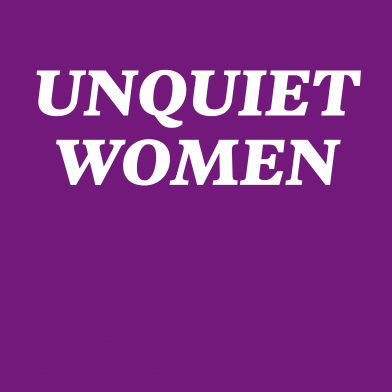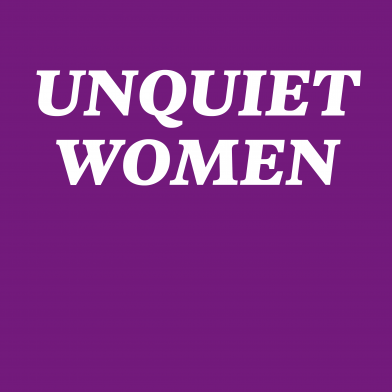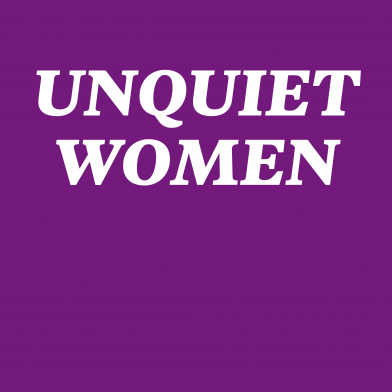After living in Aotearoa, New Zealand for around 15 years, I finally had the opportunity to pursue a long-term desire – to learn Te Reo Māori. Thanks to an opportunity for staff at Lincoln University, I was finally making a move to learn Te Reo Māori and improve my understanding of the culture on which this nation stands.
On a fine winter’s morning in 2021, I embarked on this pursuit of learning - little did I know it would propel me on a journey to explore my whakapapa (genealogy/ancestry) and tūrangawaewae (place of belonging). It all started when I was preparing for my first assessment – my pepeha. I began with my name, then came my parents and then I paused as I wrote
Nō Īnia ōku tupuna (My ancestors are from India)
Nō Hyderabad te tāone nui o Īnia au (I come from the city of Hyderabad in India.)
I continued with the next few lines about my city and the names of my grandparents. Surely, I knew this deep within my heart – but this time, it mattered. Why? I was about to share my pepeha along with the cohort, and I had never introduced myself with the names of my ancestors before. This was probably the first time in at least three decades that I was about to introduce myself with my parents and grandparents – it felt as though they were standing there beside me. A strange feeling covered me – at that moment I felt more grounded, as though I connected with something deeper, like a tree laid its roots. The experience taught me that I am the sum of my ancestors – those who have gone before me are within me. A pretty deep concept for someone who grew up in the urban jungle - brought up in one of the world’s most populous countries, the materialistic society I lived in pitched us against each other with the “survival of the fittest” mentality. There was no time to explore and know your whakapapa – because we all had to rush through life.

Dr Hafsa Ahmed. Image: Janneth Gil
When I arrived in New Zealand along with my husband for a new life in a new land that was full of hope and vision, I felt a deep connection to this place too; however, my emotions now could be summed up with this statement by Anita Sethi “Our emotional connection with certain places runs deep and forceful as a river.”
I felt my heart beginning to open with gratitude for this journey I had embarked on, and I wanted to learn more about my place, and my sense of place and identity deepened. My quest to learn a language was transformed into a quest for my identity – I wanted to know who I was. If I were to use the metaphor of threads – I wanted to know the threads that make me up.
Identity is important – it shapes how we experience the world around us and how we interact with it, understand it, and face the challenges and opportunities we face. Social scientists hypothesise that as individuals, multiple aspects make us up – our gender, ethnicity, values, beliefs, personalities, age, nationality, and roles we hold. These multiple threads weave who we are as individuals.
There is nothing that could express what I was feeling better than these words by Dr. Hinemoa Elder while elaborating on a whakataukī –
E kore au e ngaro, he kākano ahau i ruia mai i Rangiātea
Translated: I can never be lost, I am a seed sown from Rangiātea. | I have a reason for being.
Dr. Elder further writes “We are all seeds blown on the ancient winds from our ancestors… To me it highlights the presence of inner truths that we can feel buffeted by the winds and which eventually settle, grow and become visible, no matter where in the world we end up. Because sometimes the winds of life can whisk us away to the unexpected, far-flung places where it is hard to be true to our identity, our language and our customs. We all carry the potential for growth passed down from earlier generations. This week, if you are feeling that wind sweeping you up and flinging you far and wide, hold onto this whakataukī and trust the aroha of your ancestors deep inside you to realise your potential when you come to your new place of rest.”
So, my journey since has been a journey of reclamation - where I plot a route to explore my whakapapa, my turangawaewae so I can stand confidently far from my ancestral land, in a land which is my new place of rest - Aotearoa, New Zealand.
- Asia Media Centre


